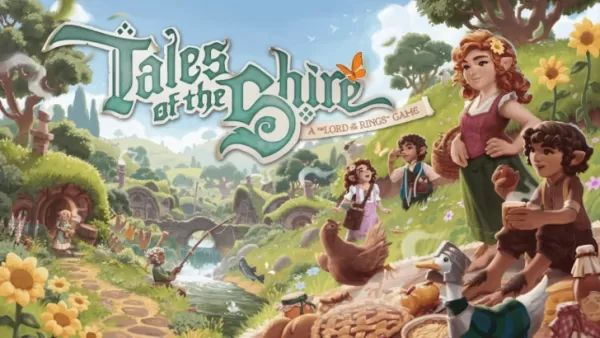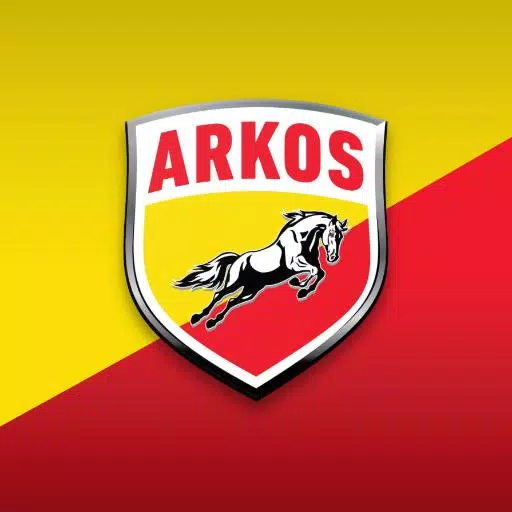Microsoft's multiplatform strategy is clearly delivering results, especially with its successful launches on PlayStation 5 alongside Xbox Series X|S and PC.
This success is confirmed by Sony itself, as revealed in a recent PlayStation blog post highlighting the top-selling PlayStation Store games for April 2025.
In both the U.S. and Canada, Microsoft titles dominated the PS5 non-free-to-play download chart, securing the top three spots: The Elder Scrolls IV: Oblivion Remastered, Minecraft, and Forza Horizon 5.
Europe followed a similar trend, with Forza Horizon 5 at number one, followed by The Elder Scrolls IV: Oblivion Remastered, and then Minecraft.
Clair Obscur: Expedition 33, which received support from Microsoft through a day-one Game Pass release and inclusion in Xbox showcases, also ranked highly in both regions.
Additionally, Microsoft-owned titles such as Call of Duty: Black Ops 6 (from Activision) and Indiana Jones and the Great Circle (from Bethesda) made appearances on the charts, further showcasing the broad appeal of Microsoft’s portfolio across platforms.
What does this indicate? Simply put—quality games rise to the top regardless of their publisher. It's no shock that these titles perform well, even less so on PlayStation. Forza Horizon 5 was long awaited on the platform and delivered the kind of high-octane racing experience PlayStation fans were craving. Meanwhile, Oblivion Remastered continues to satisfy the demand for classic Bethesda RPGs across consoles and PC. And let’s not forget Minecraft, whose popularity has surged even more following the viral success of its recent movie adaptation.
This cross-platform dominance is now becoming standard for Microsoft, which recently announced Gears of War: Reloaded for PC, Xbox, and PlayStation, set to launch this August. With this trajectory, it seems inevitable that Halo, once Xbox’s flagship exclusive franchise, will also make its way to PlayStation.
As Microsoft Gaming CEO Phil Spencer stated last year, there are currently no “red lines” when it comes to launching first-party Xbox titles on competing platforms—including Halo. Speaking to Bloomberg, Spencer emphasized that every Xbox game is under consideration for multiplatform releases.
“I do not see sort of red lines in our portfolio that say ‘thou must not,’” he said.
Spencer has explained that Microsoft’s multiplatform approach is partly driven by business goals—especially in light of the company’s record-breaking $69 billion acquisition of Activision Blizzard.
“We run a business,” Spencer told reporters in August. “It’s definitely true that inside Microsoft, the bar is high for us in terms of the delivery we have to give back to the company because we get an incredible level of support.”
He added, “So I look at this: how can we make our games as strong as possible? Our platform continues to grow—on console, on PC, and on cloud. This is just going to be a strategy that works for us.”
Former Xbox executive Peter Moore echoed similar sentiments in a conversation with IGN last year, stating that discussions around bringing Halo to PlayStation likely began long ago.
“If Microsoft says, wait, we're making $250 million on our own platforms, but if we took Halo and treated it like a third-party title, we could make a billion… you’ve got to think long and hard about that,” Moore noted.
He continued, “It's a piece of intellectual property—it's bigger than just a game. How do you leverage that? Those are the conversations that always happen. It’s about how you maximize value across everything you do.”
While this shift may unsettle some core Xbox fans—who feel the brand is being diluted due to fewer exclusives and evolving marketing strategies—Moore believes it won’t stop Microsoft from pursuing decisions that align with its long-term business goals.
“The real question is, does that fan reaction prevent Microsoft from making fundamental business decisions for the future of gaming?” Moore asked. “Those hardcore fans are getting smaller in number and older in age. You have to focus on the next generation—they’re the ones who’ll drive the industry forward over the next 10 to 20 years.”















